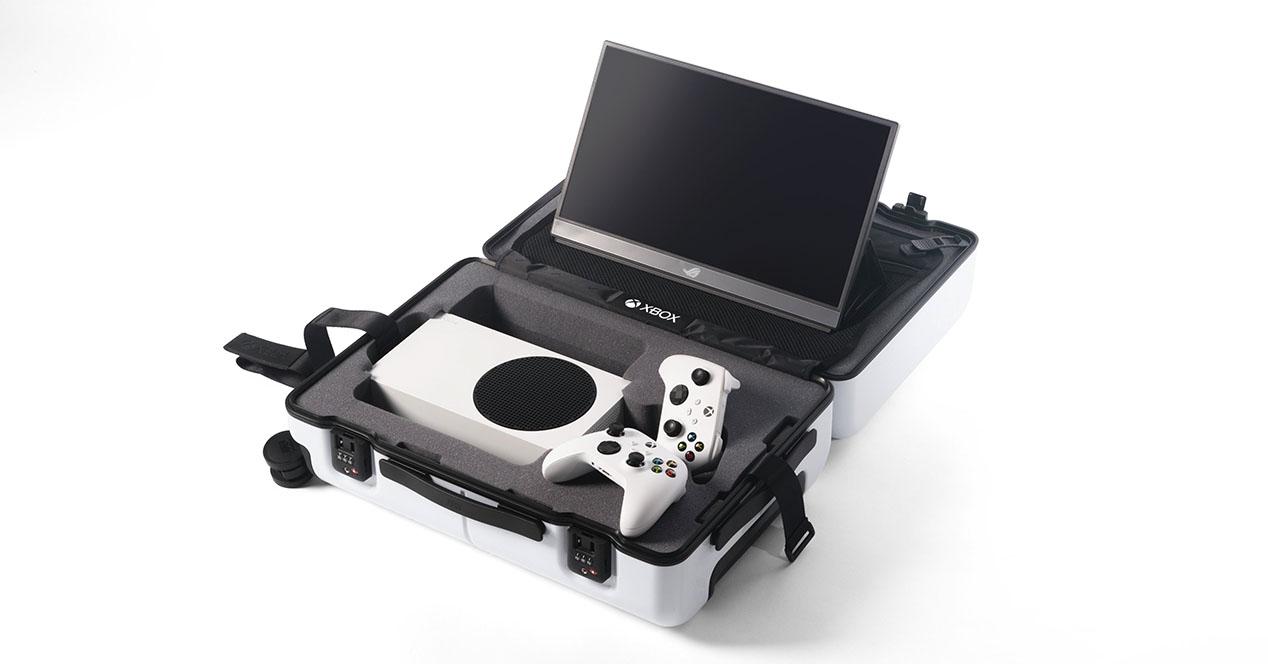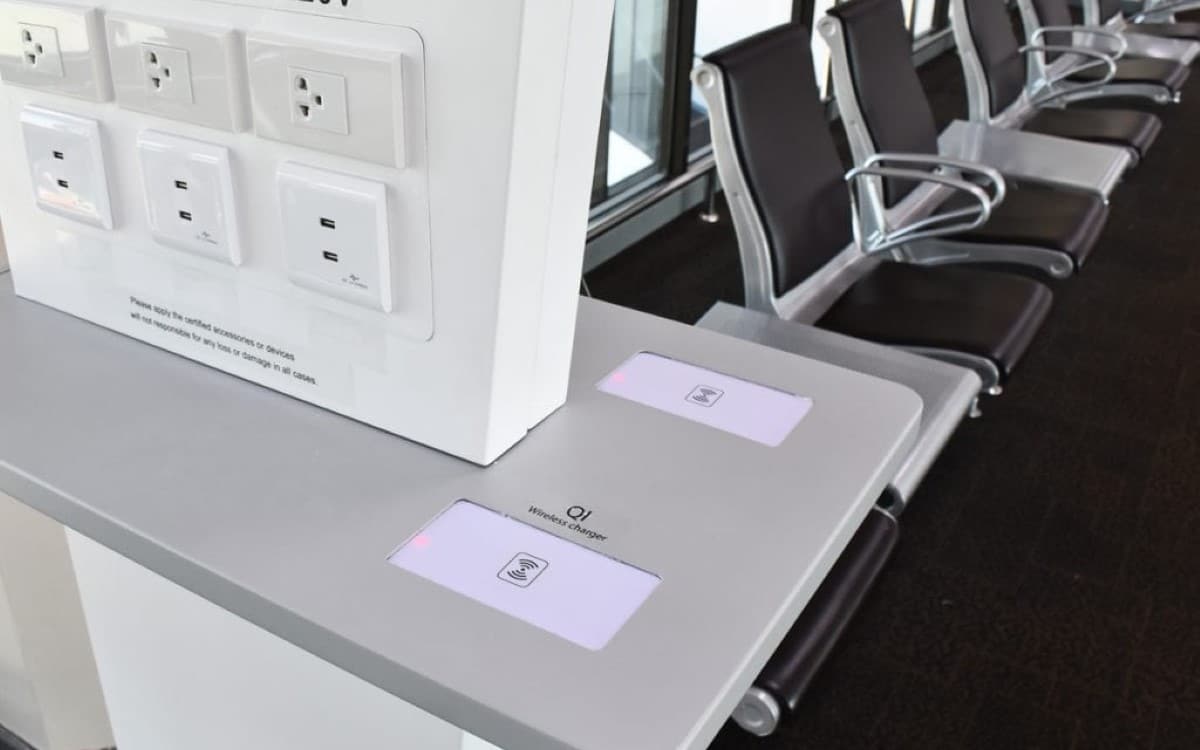
Threatened by the revelations of Project Pegasus, the Israeli cyber offensive industry is organizing its defense.
More than 2 weeks after the revelations of Project Pegasus by Amnesty, Forbidden Stories and 16 other media, the case continues to grow. NSO Group, the publisher of the reported spyware, received a surprise visit from the Israeli Defense Ministry. His representative, Benny Gantz, had meanwhile met with President Emmanuel Macron – cited as a target of Pegasus – shortly before.
While NSO maintains that Pegasus is only used to spy on criminals, pedophiles and other terrorists, the pile of evidence of the tool’s involvement in surveillance maneuvers of political opponents, journalists and activists continues to grow. get bigger. The diplomatic scandal sparked by Project Pegasus could be the last straw, sparking a turnaround for NSO and its ilk.
These sellers of so-called cyber tools offensive »Depend on an export authorization issued by the Israeli authorities, in theory subject to a number of guarantees. Insufficient guarantees to prevent abuses, which lead the newspaper Le Monde to denounce the “culpable laissez-faire” of the Israeli state. But the means of obtaining these authorizations could change.
Real concerns for NSO and its ilk?
According to the Israeli site Haaretz, several leaders of the Israeli cyber industry, specializing in the design of offensive tools, gathered “urgently” in Tel Aviv on August 1. The conference was hosted by lawyer Daniel Reisner of the firm Herzog Fox and Neeman. Haaretz recalls that the lawyer has a central place in this particular industry: specialist in international legislation on the subjects of espionage and piracy, he represents many Israeli companies in the sector.
Reisner wanted to share his discussions with the Defense Products Export Control Agency (the Defense Export Controls Agency, or DECA, dependent on the Ministry of Defense) five days earlier. The objective: to create a collective industry response to the recent scandal, and to debate the actions to be adopted.
The following were therefore invited to the meeting: Candiru (already renamed Taveta), the publisher of spyware recently exposed by Microsoft and Citizen researchers, which relied on unknown vulnerabilities in Windows; Toka and Rayzone, specialized in hacking internet and mobile networks; or Quadream, one of NSO’s competitors, also denounced for its use against human rights. Haaretz could not confirm which companies responded positively or not to the invitation.
Regardless, NSO’s competitors can’t really cheer up on its situation. As a storefront and industry leader, NSO is ideal for attracting spotlight and hiding their own business. Above all, the Pegasus Project could have initiated changes that threaten part of their export, and therefore their turnover. It remains to be seen whether these few “meetings” and other “conferences” reflect a real desire for change from the Israeli cyber industry by its members and by the government.



